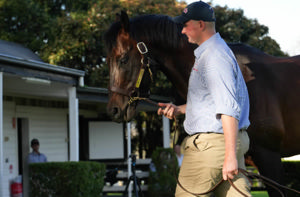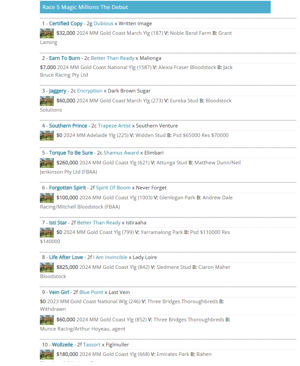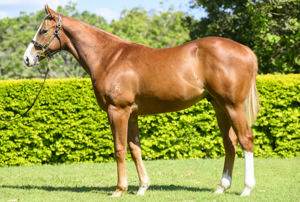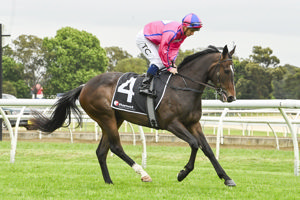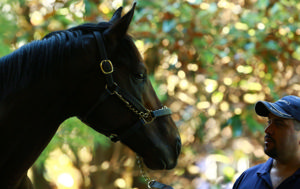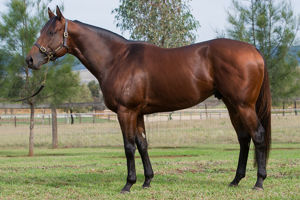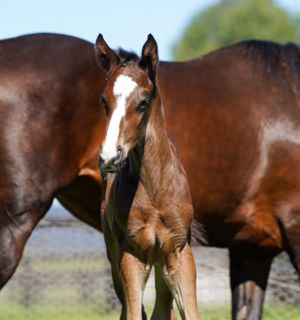Producing tough, sound athletic racehorses is the goal of every thoroughbred breeder and when two such horses from the same farm come out and win the two richest races in Australia, you can’t help but wonder what factors are working behind the scenes to deliver such phenomenal success.
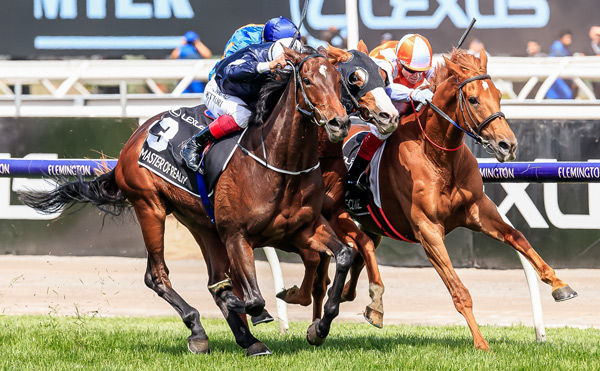 Hunter Valley nursery Kitchwin Hills have a long record of success having produced countless Group I performers such as Golden Slipper winner Phelan Ready and dual Group I winner Red Tracer, but their current stars have set the bar at an all-time high for those to follow.
Hunter Valley nursery Kitchwin Hills have a long record of success having produced countless Group I performers such as Golden Slipper winner Phelan Ready and dual Group I winner Red Tracer, but their current stars have set the bar at an all-time high for those to follow.
$8million Melbourne Cup winner Vow and Declare, $14million Everest winner Yes Yes Yes and Group I winning $5.6 million earner Pierata all carry the KWH brand having been foaled and raised at Kitchwin Hills.
The talented trio, who are aged three, four and five, have won over $18million between them, a staggering amount, which explains why the quest to breed superior racehorses has never been more competitive.
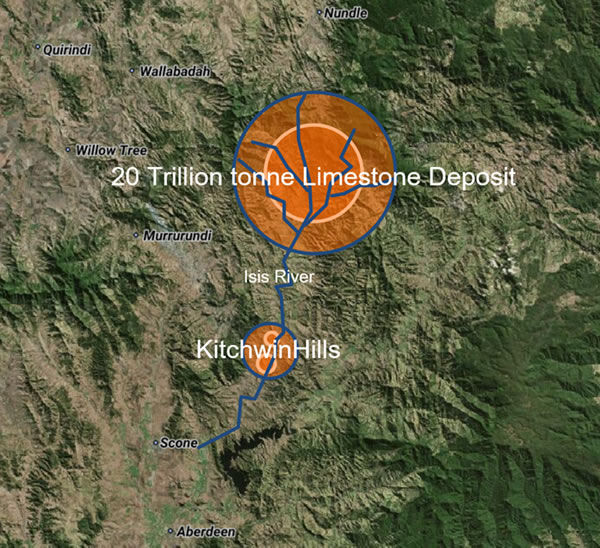 Kitchwin Hills Stud Manager Mick Malone believes there is science behind the success of this picturesque farm that is the only thoroughbred stud situated in the unique Isis River Valley.
Kitchwin Hills Stud Manager Mick Malone believes there is science behind the success of this picturesque farm that is the only thoroughbred stud situated in the unique Isis River Valley.
“The location of our operation in this valley has certainly been a huge factor to our success," said Mick Malone.
"For 370 million years, this valley has had a 20 trillion tonne marine derived limestone deposit (positioned at the top of the valley) leaching calcium through the ecosystem.
“The benefits of calcium in relation to bone density is scientifically proven as being vitally important for the long-term health and soundness of performance horses.
“We recognise the reality of the situation in the incredible strike rate of horses raised on this farm.”
Limestone country is prized for producing thoroughbreds the world over with Coolmore Stud in Ireland situated in the heart of the Golden Vale on over 7,000 prime acres of Ireland’s finest limestone land, while the state of Kentucky in North America is geologically speaking, shaped by limestone.
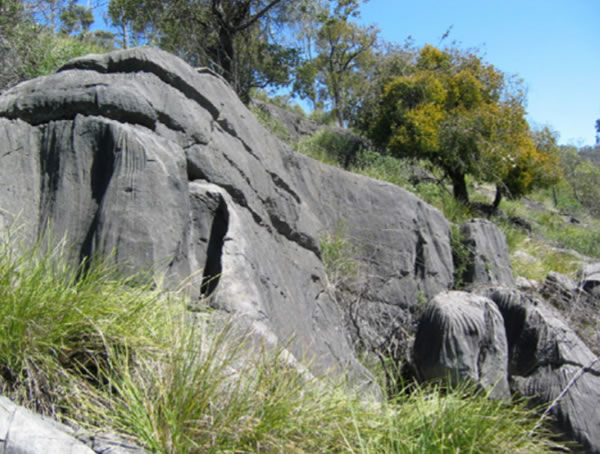 Long ago, when the landscape of North America was vastly different and Kentucky was underwater, tiny bits of shells from marine creatures degraded over time to form a layer of limestone rich in calcium carbonate.
Long ago, when the landscape of North America was vastly different and Kentucky was underwater, tiny bits of shells from marine creatures degraded over time to form a layer of limestone rich in calcium carbonate.
During the many years since then, acidic water has interacted with the limestone, dissolving it in places to release—among other things—calcium. Thus, the same process that has carved Kentucky’s world-renowned Mammoth Cave is responsible for providing calcium to Kentucky’s soil, feeding the fabled bluegrass and, in turn, the legendary thoroughbreds that have made this region the epicentre for world thoroughbred breeding.
South Australian based Mill Park Stud is another Australian owned enterprise that credits much of its success to the limestone country on which it is situated with the Watson family enjoying consistent Group I results for many years with star performers emerging from their paddocks such as Gold Guru, Fawkner, Happy Trails, Rebel Raider, Southern Speed and this year’s Victoria Derby winner Warning.
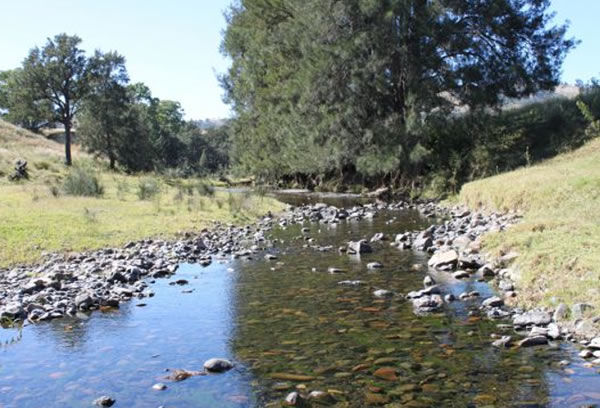 The sort of sustained high-level success achieved by Mill Park and Kitchwin Hills is no coincidence with mother nature undoubtedly adding something special to the mix.
The sort of sustained high-level success achieved by Mill Park and Kitchwin Hills is no coincidence with mother nature undoubtedly adding something special to the mix.

